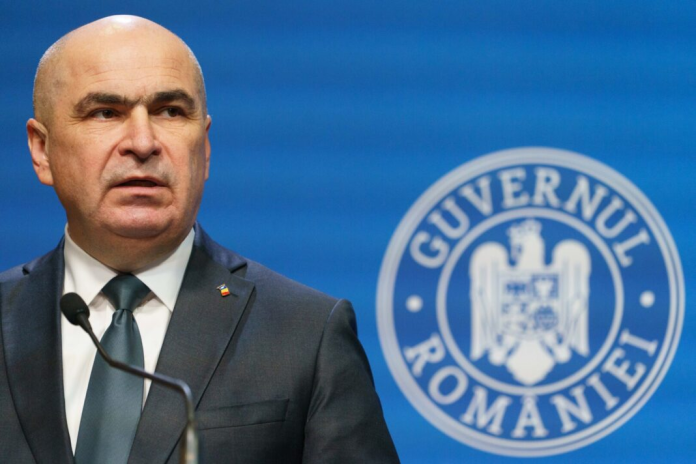In a critical assessment released on 24 July, Standard & Poor’s (S&P) affirmed Romania’s BBB- sovereign credit rating while maintaining a negative outlook, narrowly avoiding a downgrade, according to bne IntelliNews.
The decision follows the coalition government’s enactment of aggressive fiscal consolidation measures designed to rein in Europe’s largest budget deficit, which reached 9.3% of GDP in 2024.
While acknowledging the reforms as Romania’s most substantial fiscal correction since the 2008 global financial crisis, S&P highlighted significant execution risks and political uncertainties clouding the medium-term trajectory.
The rating agency credited newly elected President Nicușor Dan and Prime Minister Ilie Bolojan’s administration for ending a prolonged period of political fragmentation that had paralysed policymaking. Their broad coalition, uniting National Liberals (PNL), Social Democrats (PSD), and smaller parties, implemented a consolidation package worth 5% of GDP through tax hikes and spending curbs.
However, S&P expressed concern over a constitutional power-sharing agreement requiring Bolojan to transfer the premiership to the PSD in late 2026.
Prime minister Bolojan’s mandate will cease at the end of 2026 as part of a power-sharing arrangement with the PSD … This clouds the outlook on the reform agenda and fiscal policy beyond 2026, especially ahead of the next parliamentary elections in late 2028.
The consolidation package includes politically contentious measures: a VAT increase from 19% to 21%, excise duty hikes, a public sector wage freeze, and a 10% healthcare levy on pensions exceeding RON 3,000 monthly. S&P estimates these steps will yield fiscal savings of 1.1% of GDP in 2025 and 3.5% in 2026, significantly higher than the government’s projection of 0.6% this year.
The Fiscal Council disputes S&P’s modelling, insisting the 2025 impact aligns with official estimates, though government spokesperson Ioana Dogioiu promised revised calculations soon.
The European Commission conditionally endorsed Romania’s plan, potentially unlocking €60 billion in Recovery and Resilience Facility funds to offset public investment cuts. Finance Minister Alexandru Nazare framed S&P’s decision as validation that “budgetary discipline is not only necessary but also possible,” though success hinges on implementing two additional reform packages promised for late 2025.
